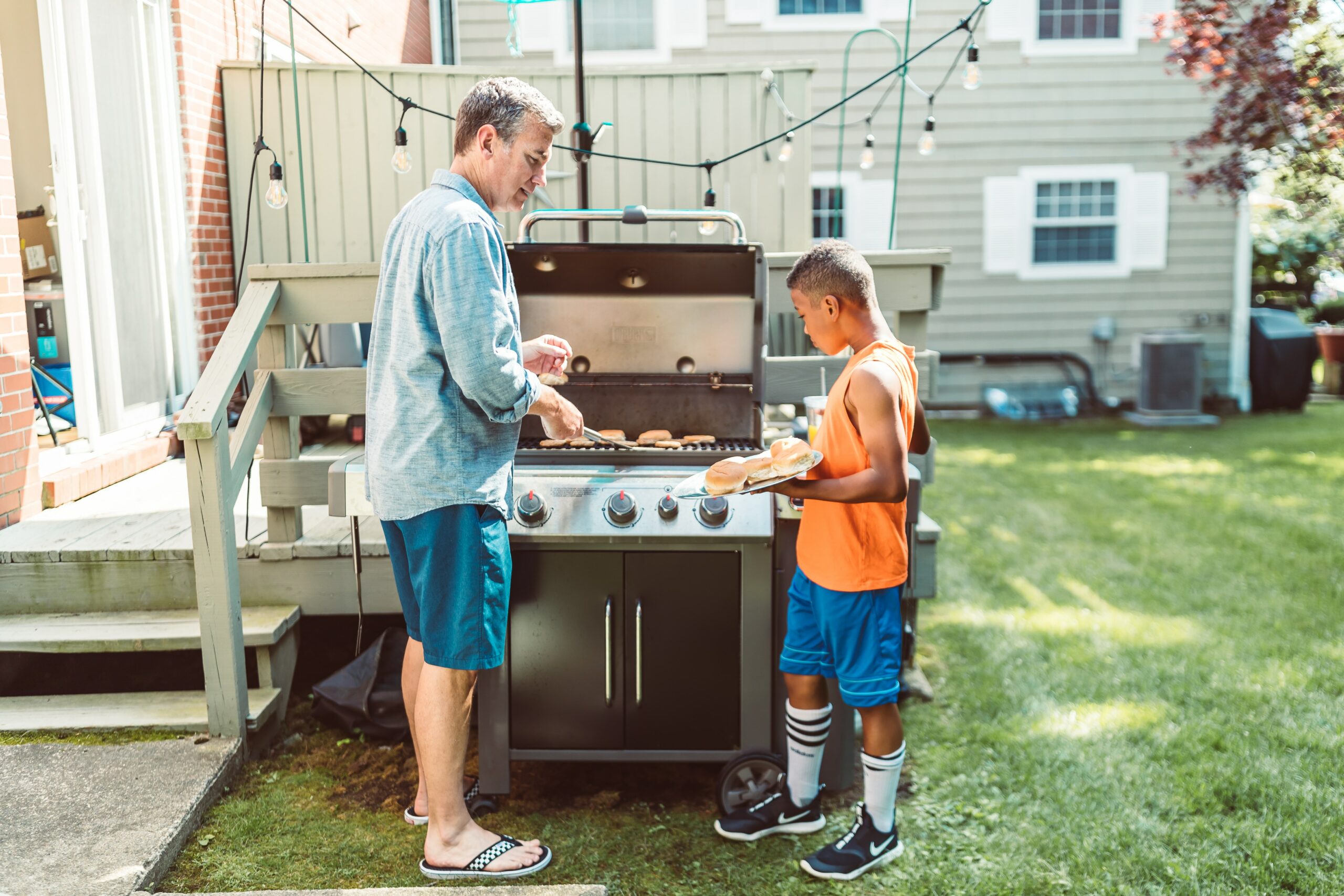The Family’s Role in caregiving is laden with difficulties of varying degrees. This book will show you where to get assistance and how to overcome hurdles to ensure that both you and the person you’re caring for have a positive experience during your caregiving period. It makes no difference whether you’re caring for an aged parent or a spouse or child who is physically or mentally impaired.
Giving aid to a family member in need is an act of compassion, love, and devotion. Despite their inability to thank you, your loved one’s quality of life improves each day because of your constant care and attention. Regardless of your circumstances, you’re taking on a duty that you’ve likely never been trained for as a family caregiver. And, if you’re anything like most family caregivers, you had no idea what was going to happen.

On the other hand, being a capable family caregiver does not require the caregiver to be a nursing expert, a superhero, or a saint. If you have the appropriate resources and assistance, providing practical, loving care does not require self-sacrifice. As a result, caregiving in the Family’s Role can be a more satisfying experience for everyone..
Permit yourself to experience what you’re feeling:
As a family member and caregiver, you may experience a range of challenging emotions such as anger, fear, resentment, guilt, and feelings of helplessness and loss. Acknowledging and accepting your feelings, whether good or terrible, is essential. If you have concerns or misgivings, don’t put yourself down. Just because you experience these emotions does not indicate you don’t care about your loved ones; it just means you’re a normal human being.
While it’s possible to understand why you’re feeling the way you are, it can still be distressing. It’s vital to talk about your sentiments to deal with them. Don’t hold in your feelings. Find someone you can confide in, someone who will listen to you without interruption or judgment, and find a way to do this.
Find help for caregivers:
Even if you’re the primary caretaker for your family, you can’t do it all. Even if you’re caring for someone from afar, this is true. In addition to medical professionals, you’ll need the assistance of close friends and family members. Burnout can develop as a result of a lack of support, making it difficult to care for others. It may have an impact on the Family’s Role as caregivers.

Before requesting assistance, you must have a complete picture of what your loved one is going through. As much detail as possible should be included in the list of caring responsibilities. Determine what you are and are not permitted to do next. The remaining items on your to-do list will necessitate the assistance of others.
Try to get to know your partner on a deeper level:
In the words of Pablo Casals, a world-renowned cellist, “The capacity to care is the thing that gives life its deepest importance.” Caring for a loved one may be a rewarding experience for both the caregiver and the person you’re caring for. It has the same effect on you and your loved one. Focusing on someone who can no longer express themselves verbally is still vital even if they can no longer speak.
Caregiver emotional needs:
Find out how to calm yourself down and take a break when you’re feeling stressed or overwhelmed. As previously noted, this can be accomplished through developing a meaningful relationship with the person you are caring for. If that isn’t an option, use your senses to release stress and return to a balanced condition efficiently. It is possible that having a talk with a friend or loved one will help you completely understand your situation and how you feel about it.

The most effective stress-relieving approach, according to research, is spending quality time with someone you care about. To view things more clearly, some people choose to write down their ideas and feelings. Do something that makes you feel like you’re part of something higher, like praying or meditating. In both your own life and as a caretaker, look for significance. Make sure to seek professional help if you’re experiencing symptoms of depression or other mental health issues such as anxiety.
Family’s Role in meeting the social and recreational needs of caregivers:
Make it a point to meet with others regularly. Maintain intimate friendships. Make sure that you don’t isolate yourself. When faced with hardship, worry, and sorrow, finding humor and joy can be a lifesaver. It’s essential to maintain a feeling of balance in your life. The essential things to you should not be sacrificed, such as your job or hobbies.
At least once a week, take a long break from caring for someone else and recharge your batteries. A religious, social, or civic organization is an excellent place to start. To be successful, you need a large number of people with whom you can place your trust.
Family caregivers’ physical requirements:
Make an effort to work out at least 30 minutes three times a week. Exercising is a terrific technique to alleviate stress and increase your energy levels. So, even if you’re exhausted, try to get up and move around. Having a well-nourished body makes it easier to deal with stress and busy schedules. Having frequent meals throughout the day can help you maintain a steady energy supply and keep your mind focused.

When life gets too much, it can be tempting to turn to drugs or alcohol for a moment of respite, but this can hurt the quality of your Family’s Role in your caregiving. Instead of avoiding difficulties, focus on solving them head-on and with an open mind. Get a good night’s rest by getting at least eight hours of uninterrupted sleep every night. You must maintain a good balance between rest and activity to stop this from happening.
Stay on top of your personal medical needs. Maintain a regular schedule of medical and dental appointments and any prescribed medication or medical treatment. As a caregiver, you must maintain your physical and mental strength to the fullest.
Care for patients who live far away:
Numerous individuals take on the role of designated caregiver for an elderly cousin or sibling who lives more than an hour away, frequently out of necessity. Being pressed to care for a loved one while living a far distance can result in feelings of guilt and anxiety, among other negative emotions and concerns. It is possible to plan ahead for a Family’s Role in caregiving situations and alleviate some of your own responsibility.

Leave a Reply